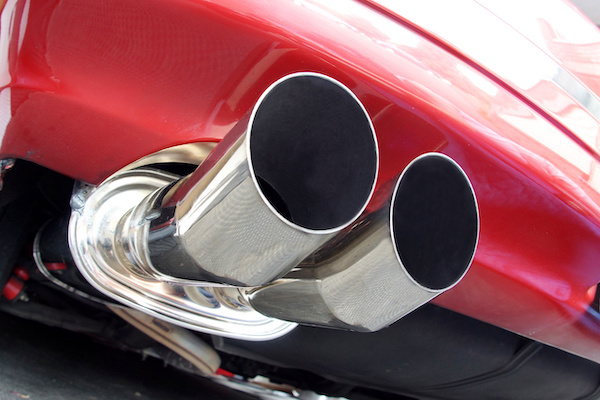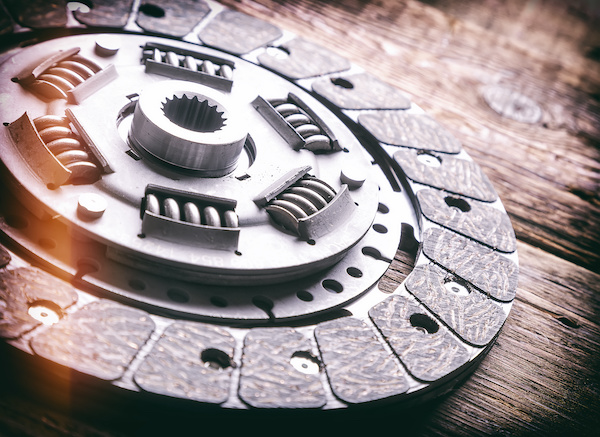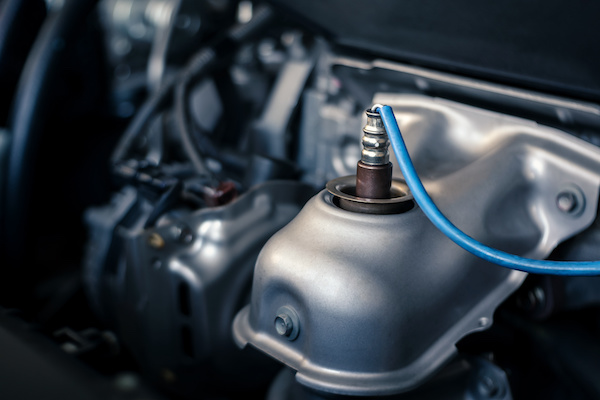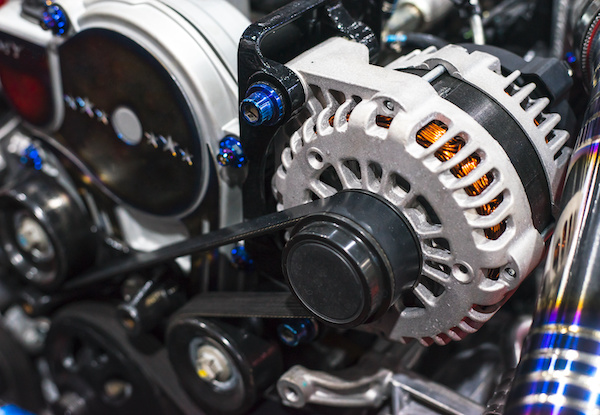Posted on 2/27/2023

When it comes to your car's exhaust system, the muffler is one of the most important parts. It's designed to reduce the noise that your engine produces, but it does much more than that. In this blog post, we'll explore what a muffler does and why it's important to keep it in good condition. What is a muffler? A muffler is a component of your car's exhaust system that's responsible for reducing the noise that your engine produces. It's a cylindrical-shaped device that's usually made of steel, and it's located near the rear of the car. How does a muffler work? A muffler works by using a series of chambers and tubes to reflect and absorb sound waves that are generated by your engine. As the exhaust gases are pushed through the muffler, they pass through these chambers and tubes, which causes the sound waves to bounce around and lose their energy. This, in turn, reduces the amount of noise that's produced by your engine. Why is a muffler importa ... read more
Posted on 1/27/2023

A clutch is an important component of a manual transmission vehicle, as it is responsible for connecting and disconnecting the engine from the transmission. The clutch allows the driver to shift gears smoothly, and is also used to start the vehicle from a stop. However, over time, the clutch can become worn out and in need of repair. One of the most common signs that a clutch needs to be repaired is a slipping clutch. This occurs when the clutch is no longer able to properly engage and disengage the engine from the transmission, resulting in a loss of power and a decrease in fuel efficiency. A slipping clutch can also cause the engine to rev higher than normal when shifting gears. Another common sign of a worn clutch is a difficulty shifting gears. This can be caused by a worn clutch disc or pressure plate, which can make it difficult to shift gears smoothly. Additionally, a worn clutch can also make it difficult to start the vehicle from a stop, as the clutch may not be able to ful ... read more
Posted on 12/23/2022

Extreme weather conditions like winter significantly impact driving, requiring major adjustments. While most fatal car crashes occur during winter, your safety depends on your performance and how well you prepare for winter driving. Preparing Your Car for Winter Driving Sleet, ice, snow, and freezing temperatures affect your driving in winter. Make sure your car is well-adjusted for such extreme conditions by considering these maintenance suggestions before winter. Test Your Car Battery before Winter In cold conditions, the battery performance drops. Ensure it's charged and working optimally because cold weather significantly affects battery cells lowering their performance. Keep your Gas Tank Full A snowstorm may cause you to change routes due to traffic delays or diversion to safer roads. These may be longer, requiring more fuel. Also, a full tank prevents your vehicle's gas line from freezing. Check the Anti-freeze before Winter Ensuring your anti-freezing is workin ... read more
Posted on 11/29/2022

Most modern cars have complex self-monitoring systems which use a computer to interpret signals from the car. The data is crucial to ensuring all parts of the vehicle work properly, including the oxygen sensors. Oxygen sensors check if the car has enough oxygen and report the data to the powertrain control module (PCM). Bad sensors will send the wrong information to the computer and cause more severe issues. It would be best to know the symptoms of a bad oxygen sensor to take corrective action. The following are the symptoms of a bad oxygen sensor: Check Engine Light Is On A bad oxygen sensor is an engine problem ,and if the car's computer is working correctly, a damaged oxygen sensor may turn on the check engine light. The check engine light could mean many things are wrong with the engine. You should take the vehicle to a repair shop to find out what engine issue is turning on the light, which may be the bad oxygen sensor. High Fuel Consumption An engine with a bad oxygen se ... read more
Posted on 10/31/2022

Your car's alternator may not be the first thing you think about when your car won't start. For example, a vehicle won't start with a dead battery. However, a dead battery could mean your car's alternator will finally quit working. The good news is that when you know what your car's alternator does for your car, you'll better understand what to look for when your car starts acting strange or won't start. Alternator Basics A typical gas-powered vehicle uses an electrical system to run things like headlights and power windows, to name just a few. The car battery will power everything, like when you first turn the key, and the radio comes on. If you stop turning the key and leave the radio on, the battery will die, even quicker if you turn the headlights on. When you start the car the alternator takes the electricity from the battery and starts generating an electrical current that keeps the car's lights, radios, and other things running. At the same tim ... read more